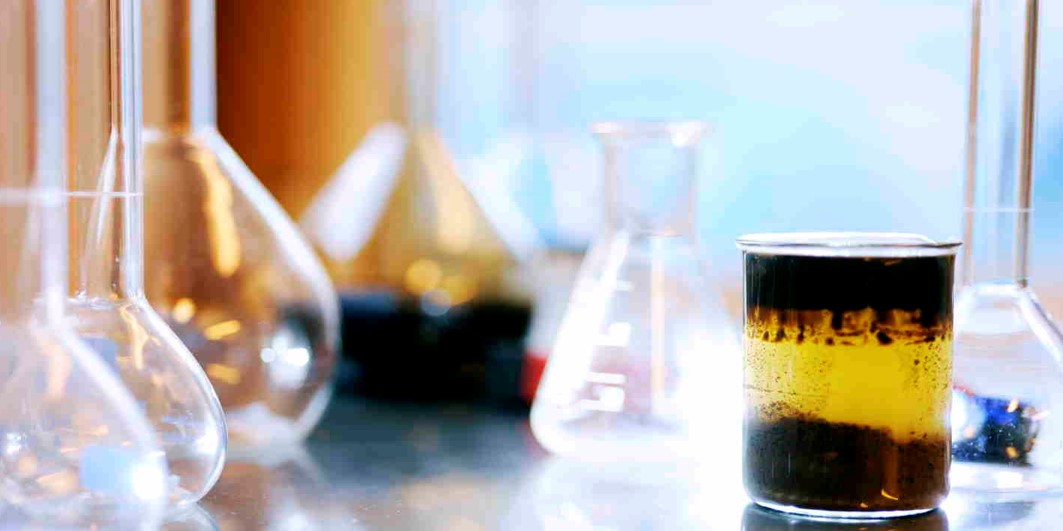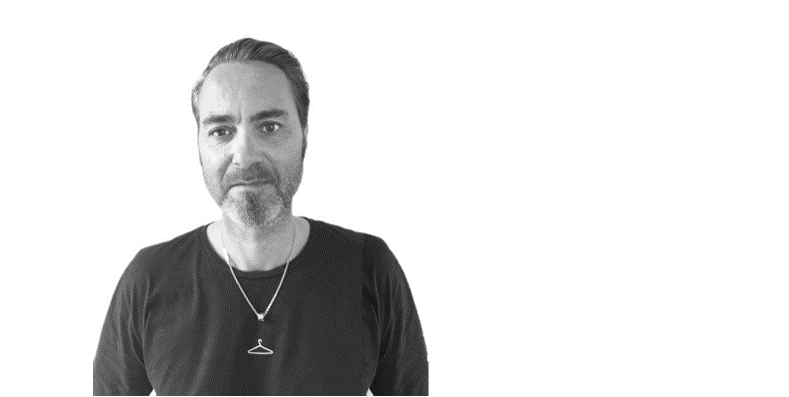
SAR makes use of two technologies for processing cuttings; TCC® and ITDU®.
Both technologies are based on a thermal desorption process
TCC® (Thermomechanical Cuttings Cleaner) is one of the most widely used thermal desorption techniques used to treat drill cuttings.
TCC® technology converts kinetic energy ("Friction Heat") into thermal energy in a temperature-controlled desorption, which effectively causes water and oil to evaporate and further condense back to water and oil, while preserving the original quality of the components.
Recovered base oil from TCC® is returned to customers and reused in oil-based mud (OBM) or alternatively used as an energy carrier.
Recovered solids from TCC® (which now have been purified for water and oil) have different industrial uses
Recovered water from TCC® is sent to a final biological treatment at our treatment plant for contaminated water at Mongstad.
ITDU® (Induction Thermal Desorption Unit) is a technology SAR has under development, to treat oil-contaminated soil and sludge, such as cuttings and mudslops.
In contrast to TCC®, ITDU® technology uses inductors ("Induction heat") and converts induction energy to thermal energy in a temperature-controlled desorption, which effectively causes water and oil to evaporate, and further condense separately back to water and oil, at the same time as the original quality of the components is preserved.
Recovered base oil from ITDU® is returned to customers and reused in oil-based sludge (OBM) or alternatively used as an energy carrier.
Recovered solids from ITDU® (which have now been purified for water and oil), have different industrial uses.
Recovered water from ITDU®, is sent to a final biological treatment at our polluted water treatment plant at Mongstad.
SAR offers an environmentally friendly and cost-effective solution for the treatment of oil-based slop and sludge (mud).
WOSS (Water Oil Solid Separation) separates mudslop into water, oil and solids using decantation and separation technology (Decanters and Separators).
Recovered sludge (Decanter sludge consisting of oil, water and solids) after WOSS treatment, is further treated in the same way and with the same result as drilling cuttings in TCC® & ITDU®.
Recovered oil after WOSS treatment, is further treated in the condensation process in TCC®, and then achieves the same quality as oil from treatment of drilling cuttings.
Recovered water after WOSS treatment is sent further on to biological treatment at our facility at Mongstad.
The solids that are purified have different industrial uses.
SAR has a proven technology for treating wastewater from land-based industries, as well as from the offshore oil and gas industry, ships and refineries.
SAR's biological water treatment plant at Mongstad is the largest treatment plant for polluted water in Norway, with a permit for annual treatment capacity and discharges in accordance with strict requirements of 240,000 mᶟ.
The unique thing about the plant is that it is robust, and has the ability to treat a wide range and complex compositions of contaminated water.
The water is mostly produced from offshore industries and includes, among other things, oil-contaminated water, ballast water, washing water, engine room slop and water contaminated with heavy metals.
Best Available Technology (BAT) is implemented to ensure optimal conditions for the process, as well as environmental protection.
Pretreatment of contaminated wastewater is done by chemical processing in a DAF plant ("Disolved Air Flotation"). Heavy metals, solids and hydrocarbons are removed in this process.
Sludge phase from DAF treatment is further treated in decanters to reduce the water content, where the water returns to the biological treatment.
Biological treatment in an activated sludge system ("Active Sludge" Bioreactor), removes dissolved organic compounds, nitrogen and phosphorus from the pretreated water from DAF.
Electric blowers supply air to "diffusers" into the bioreactor (Oxygen to the bacterial culture), sludge settles in a clarification tank, and is recycled back to the active sludge system.
Excess sludge is removed from the biologically active sludge and handled in a dewatering process.
Treated water from the biological treatment is then filtered in a Dynasand filter, which removes excess particles, before the water is finally controlled for discharge to sea.
Please reach out to Trond for more informasjon or send us a short message through the contact form below.
